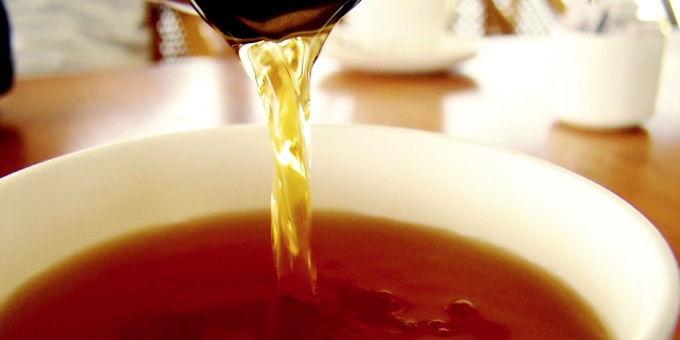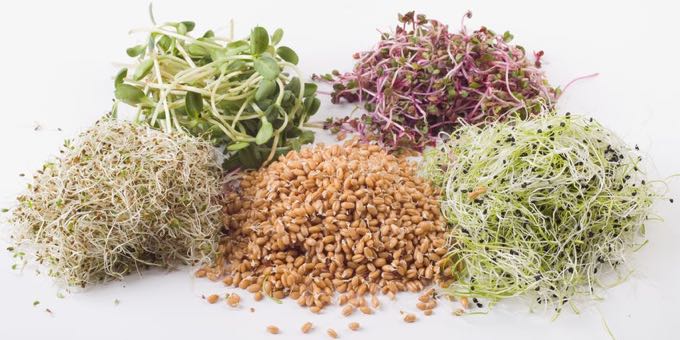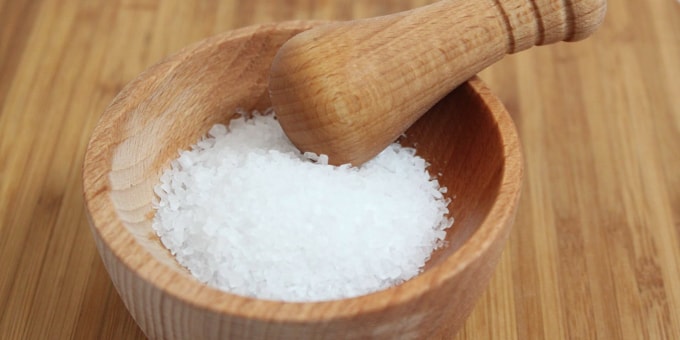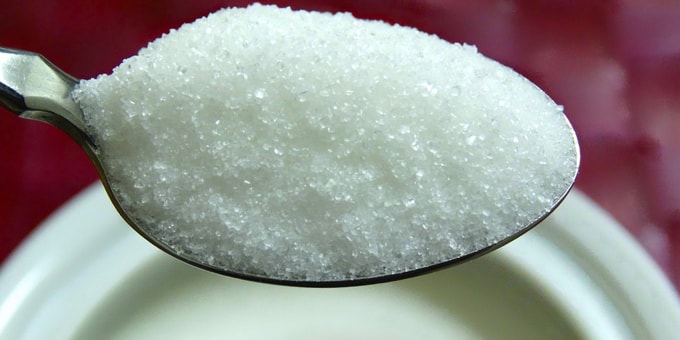TEA INFORMATION & FACTS
Studies have found that some teas may help with cancer, heart disease, and diabetes; encourage weight loss; lower cholesterol;
and bring about mental alertness. It also appears to have antimicrobial qualities. (Webmd)
A FEW FACTS ABOUT TEA
- May contain caffeine and theanine, which affect the brain and seem to heighten mental alertness.
- Drinking it appears to lower the risk for heart disease and stroke.
- Natural compounds called polyphenols in green tea might protect against several cancers, including those of the prostate, GI tract, lungs, breast, and skin.
- Caffeine and antioxidants called catechins found in green, oolong, and white teas may increase metabolism and promote weight loss.
- Polyphenols in it are thought to strengthen bones and protect against fractures.
- People who drink it could see improvements in mood, concentration, and performance.
- Green teas have the most nutritional benefit, followed by oolong and black.
- Sweetened tea beverages introduce calories, fat, and other ingredients that get straw away from the health benefits provided by the tea leaf. If buying processed, notice the number of servings, Calories, sugar content and list of ingredients.
- Look for one that are fewer in calories, sugar,and have few ingredients. Add a little honey or lemon to taste without compromising the purity, but stop there.
DID YOU KNOW?
According to the Tea Association of the USA, the number of Americans who will drink it today is about 160 million, about half of the U.S. population. And, 2012 continued with the trend of increased consumer purchases — surpassing the $2.25 billion mark in retail supermarket sales.
HEART HEALTH
The antioxidants in tea attribute to heart health. Flavonoids in both black and green varieties prevent oxidation of LDL, or “bad” cholesterol, reduce blood clotting and improve widening of blood vessels in the heart. Studies that looked at the relationship of black tea intake and heart health reported decreased incidence of heart attack, lower cholesterol levels and significantly lower blood pressure.
PREVENT CANCER?
Support for it’s cancer prevention benefits is less compelling. It has been suggested that antioxidant polyphenol compounds — particularly catechins — may play a role in preventing cancer. However, a 2007 review reported that with the exception of colorectal cancer, studies related to black tea and other cancers were extremely limited or conflicting.
TEETH
In 2010, Japanese researchers reported at least one cup of green tea per day was associated with significantly decreased
odds for tooth loss. Other studies have suggested it may lower the pH of the tooth surface, suppressing the growth of periodontal bacteria. A more likely reason for it’s anti-cariogenic effect is its fluoride content. It usually is brewed with fluoridated water and the tea plant naturally accumulates fluoride from the soil.
WEIGHT LOSS
Evidence supporting it as a weight-loss aid is based mainly on studies that used tea extracts (ECGC and other catechins, flavanols, polyphenols and caffeine). These results may not be directly applicable to brewed drinks consumed in normal amounts.
HYDRATION
The caffeine content varies widely depending on the kind used and the way in which it is brewed. Typical levels are less than half that of coffee, ranging from 20 to 60 milligrams per 8 ounces (compared to 50 to 300 milligrams in coffee). Studies found no negative effects on hydration with intakes of up to 400 milligrams of caffeine per day (the amount in about seven cups of the strongest brewed tea).
Dishin’ out Healthy – Health Educator: Nichelle
Sources:
Health Benefits of Tea – By Joanna Pruess and Neva Cochran, MS, RD, LD











